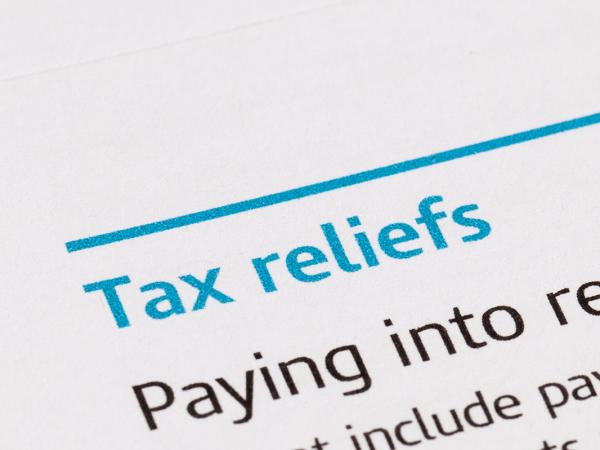Pension tax relief: salary sacrifice
Employees sometimes might have the opportunity to contribute to a pension under a salary sacrifice arrangement. Here we look at what this means, and why it might or might not benefit you.

Content on this page:
Overview
Many employers offer to run their employees’ pension schemes in conjunction with a salary sacrifice arrangement. They do this because it saves both you and your employer National Insurance contributions (NIC).
An employee’s pension contributions usually attract tax relief, but they do not ordinarily attract NIC relief. This means that an individual pays:
- income tax on their income after pension contributions have been deducted, but
- NIC on their pay before the pension contributions have been deducted.
However, if an employer makes a contribution to an employee’s pension scheme, there is no tax or NIC to pay on the value of the contribution.
Under a pension salary sacrifice arrangement, you agree to give up part of your salary in return for your employer making a larger contribution to your pension pot. This can save you money because the NIC you would be due to pay is calculated on the smaller salary. Your employer would pay any employer’s NIC on the smaller salary too. You may also benefit from more pension contributions from your employer, if they are willing to contribute some of the money they are saving on employer’s NIC.
Things to consider
A salary sacrifice arrangement involves altering your employment contract to give up a portion of your earnings. This may affect future calculations of pensions, redundancy pay, statutory maternity pay, paternity pay, shared parental pay, etc.
Make sure you are clear on these employment law aspects before deciding to enter into a salary sacrifice arrangement so that you understand how they may affect you.
National minimum wage
A salary sacrifice arrangement is not allowed to reduce your cash pay below the relevant national minimum wage or national living wage rates.
This rule is in place because of fears that people on lower incomes may sacrifice their salary to an amount below the Lower Earnings Limit, that is, the limit at which you start to accrue entitlements under the social security system. Your employer should be keeping an eye on this, but you should also check your own pay.
If you are paid slightly more than the minimum wage, it is important to watch out for any changes to the minimum wage rates. This is because a rise in the minimum wage rate could affect your ability to enter into, or remain in, a salary sacrifice scheme. An example of salary sacrifice for someone on a low income can be found in our Minimum Wage guidance.
Low earners
People whose pay is not high enough to be charged to employers NIC will not benefit from a pension salary sacrifice arrangement.
In addition, as explained in our page How tax relief is given on pension contributions, even if you are a low earner and do not pay tax, you still get 20% tax relief if you are in a relief at source scheme and, from 2024/25, should receive an equivalent top up payment if you are in a net pay scheme. However, if your employer offers you a salary sacrifice arrangement, you will lose the 20% tax relief, so could find yourself worse off.
Further information
Guidance on salary sacrifice arrangements can be found on GOV.UK. Although this aimed at employers, employees may find it useful too.
You can read Government information about salary sacrifice and your pension on the Moneyhelper website.



